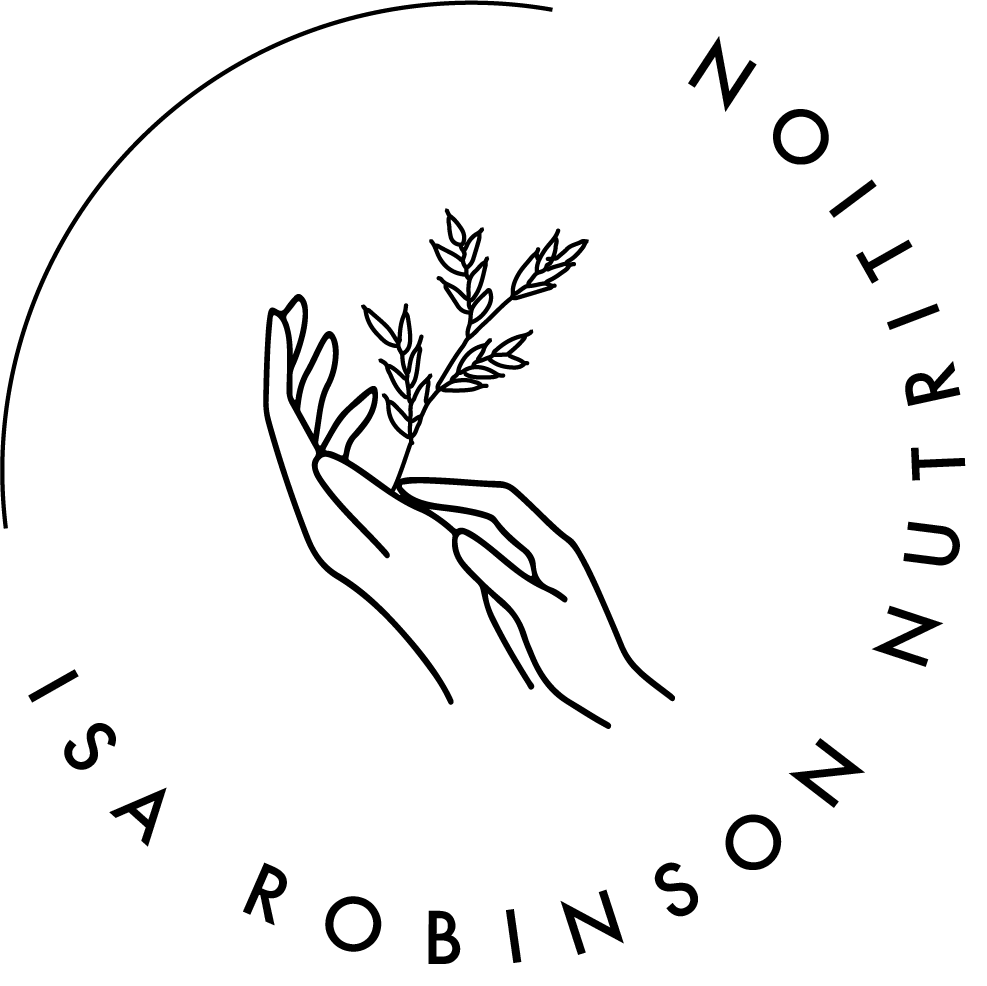Let's talk detoxification
“I’m on a detox” - we’ve all heard someone say it, we’ve possibly even said it ourselves. But what actually is detoxing and do we need to part take in the process?
What is detoxification?
Detoxification mostly occurs in the liver in 2 phases. It basically involves making a lipophilic (fat soluble compound) into a water soluble compound to be excreted by the body.
Phase 1: Is the bio-activation phase, where an enzyme called Cytochrome P450 makes the toxin (a lipophilic compound) more water soluble, but in doing so makes it more reactive. This essentially means, it makes it a bit more toxic.
Phase 2: Is the conjugation phase whereby, the more reactive / toxic substance is made stable through the addition of a further molecule. This molecule is now ready to be excreted from the body via urine, stools bile etc.
In case you’re wondering, NO single food can replicate this process. The idea that “juicing” or “superfoods” can do what the liver and kidneys do is a myth. So with this in mind, do you need to be on a detox? Well, you’re actually always detoxing, if you weren’t, the likelihood is you’d be in hospital. Even better news, we can trust out livers and kidneys to do this process for us, without having to go to extra lengths or expense.
So why is food implicated in detoxification?
Well, certain nutrients / phytonutrients can support phase I and II reactions.
Phase I nutrients include things like:
B vitamins
Branched-chain amino acids
Antioxidants.
These can be found in in a whole range of foods from proteins (animals and plants), fruits, veggies and everyday staples like pasta and bread. Basically, just eating a varied balanced diet will support detoxification pathways.
Phase II nutrients are mainly amino acids like glycine, taurine, glutamine, cysteine, methionine and N-Acetylcysteine, so again protein is going to be important, and you don’t get much of that in cold-pressed juice or hot water and lemon. It’s funny that we don’t typically think of turkey, pork or beef as detox foods, however, they contain these amino acids used in phase II conjugation.
Antioxidants
Now, remember that I said that after the toxin is made more water soluble by the Cytochrome P450 enzyme in phase I, it becomes more reactive/toxic. Well, your body also uses antioxidants to prevent any damage caused by these reactive species.
An antioxidant is a molecule that stabilises a free radical and in doing so becomes stable itself. Again, it comes back to having a varied diet including lots of plant foods to provide nutrients including vitamin C, E, A, zinc and phytonutrients.
Phytonutrients are chemicals found in plants that may confer health benefits.
Isothiocyanates and Indole-3-Carbinol are two that are particularly good for detoxification. These are found in simple foods you should be able to buy in regular supermarkets like onions and garlic and cruciferous vegetables like broccoli, cabbage, cauliflower, kale and sprouts. These can slow down phase I detoxification and speed up phase II allowing more of the intermediaries to be made stable without causing too many reactive substances that can cause damage.
So to conclude:
Detoxification is carried out predominantly by the Liver in 2 phases.
No single food can replicate this process so the idea of “detox foods” is a bit of a myth, especially powders, supplements and juices that are expensive.
Nutrients in a range of foods, including everyday items, will support your Liver to do its normal job, basically, you need to eat allow your body to do its regular job of detoxification.

